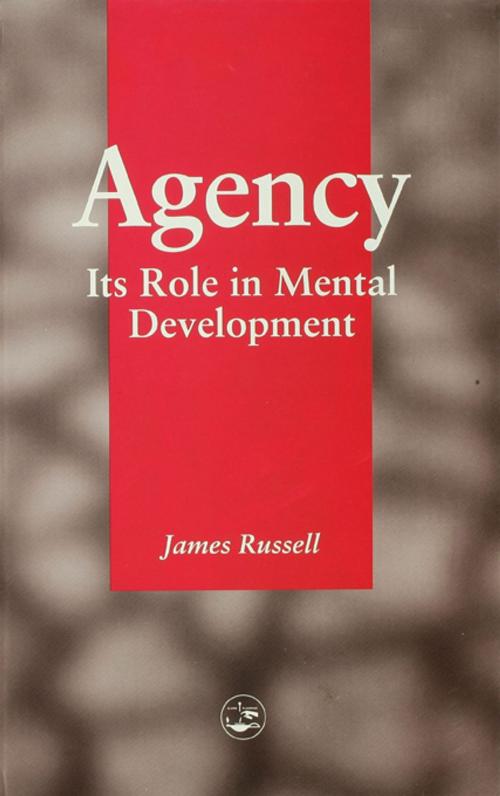Agency
Its Role In Mental Development
Nonfiction, Health & Well Being, Psychology, Developmental Psychology| Author: | James Russell | ISBN: | 9781134832095 |
| Publisher: | Taylor and Francis | Publication: | May 24, 2013 |
| Imprint: | Psychology Press | Language: | English |
| Author: | James Russell |
| ISBN: | 9781134832095 |
| Publisher: | Taylor and Francis |
| Publication: | May 24, 2013 |
| Imprint: | Psychology Press |
| Language: | English |
The idea behind this book is that developing a conception of the physical world and a conception of mind is impossible without the exercise of agency, meaning "the power to alter at will one's perceptual inputs". The thesis is derived from a philosphical account of the role of agency in knowledge.; The book is divided into three parts. In Part One, the author argues that "purely representational" theories of mind and of mental development have been overvalued, thereby clearing the ground for the book's central thesis. In Part Two, he proposes that, because objective experience depends upon the experience of agency, the development of the "object concept" in human infants is grounded in the development of executive-attentional capacities. In Part Three, an analysis of the links between agency and self-awareness generates an original theory of the nature of certain stage-like transitions in mental functioning and of the relationship between executive and mentalizing defects in autism.; The book should be of interest to students and researchers in cognitive- developmental psychology, to philosophers of mind, and to anybody with an interest in cognitive science.
The idea behind this book is that developing a conception of the physical world and a conception of mind is impossible without the exercise of agency, meaning "the power to alter at will one's perceptual inputs". The thesis is derived from a philosphical account of the role of agency in knowledge.; The book is divided into three parts. In Part One, the author argues that "purely representational" theories of mind and of mental development have been overvalued, thereby clearing the ground for the book's central thesis. In Part Two, he proposes that, because objective experience depends upon the experience of agency, the development of the "object concept" in human infants is grounded in the development of executive-attentional capacities. In Part Three, an analysis of the links between agency and self-awareness generates an original theory of the nature of certain stage-like transitions in mental functioning and of the relationship between executive and mentalizing defects in autism.; The book should be of interest to students and researchers in cognitive- developmental psychology, to philosophers of mind, and to anybody with an interest in cognitive science.















